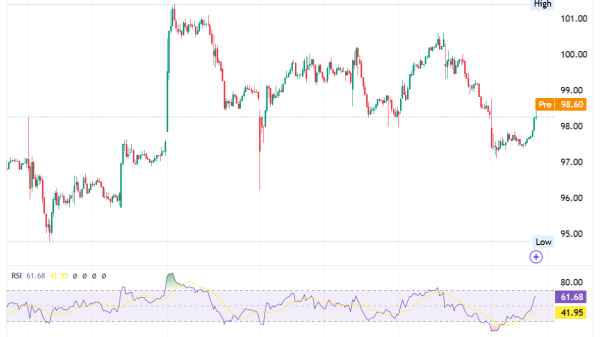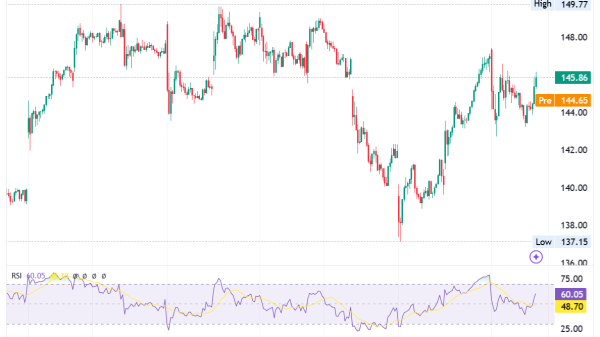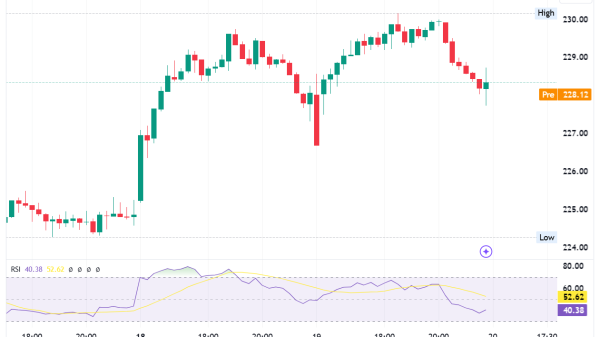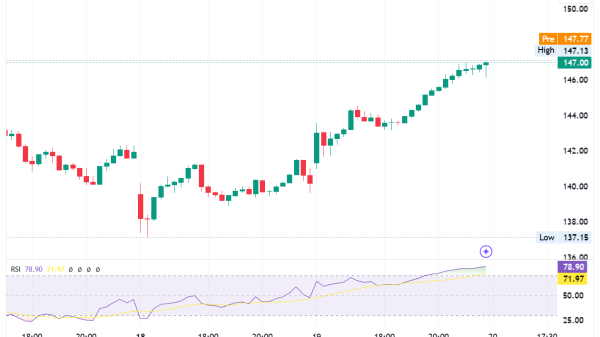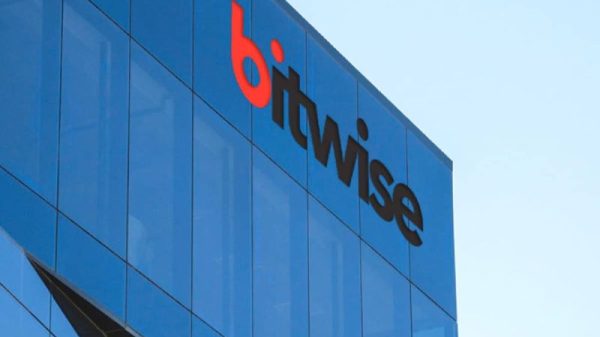
U.Today – In a notable development for the cryptocurrency market, BlackRock (NYSE:BLK)’s iShares Bitcoin Trust (IBIT) has seen its largest weekly netflows since March 2024, when Bitcoin reached all-time highs of about $74,000.
CryptoQuant CEO Ki Young Ju brought this development to the attention of the crypto market in a recent tweet. “BlackRock’s IBIT recorded the highest weekly netflows since March 2024. $2.11 billion flowed into the Bitcoin market,” Ju wrote in a new tweet.
In the past week, BlackRock’s Bitcoin fund posted an unprecedented net inflow in the past week, in which $872 million poured into the iShares Bitcoin Trust exchange-traded fund on Wednesday, hitting a daily record. This was one of the largest since its launch, with BlackRock setting a new record for the highest inflow ever.
Bitcoin rose to a high of $73,624 last Tuesday before falling for six days in a row. Bitcoin bulls were disappointed over the weekend as the market continued to fall from last week’s liquidated longs.
Bitcoin plummeted to lows of $67,444 in Sunday’s trading session before managing only a modest rebound.
Bitcoin was attempting to recover at the time of writing, having increased by 0.52% in the previous 24 hours to $68,308. Most other major digital assets were experiencing mild losses, with some posting minor gains.
Crypto market might face volatility in coming days
Given the important events planned for the week, this week could be critical for the cryptocurrency market. Investors are watching the Fed’s interest rate decision during its policy meeting on Thursday. The decision will be followed by comments from Fed Chair Jerome Powell, which may provide signals about the Fed’s forecasts for the economy and interest rates in the months ahead.
Traders were last pricing in a 99% likelihood of a quarter-point interest rate drop, according to CME Group’s (NASDAQ:CME) FedWatch tool. This comes after the Fed’s significant 50-basis-point rate decrease in September.
Before the Fed’s decision, investors will be watching for additional economic data points on Monday and Tuesday.
This article was originally published on U.Today






